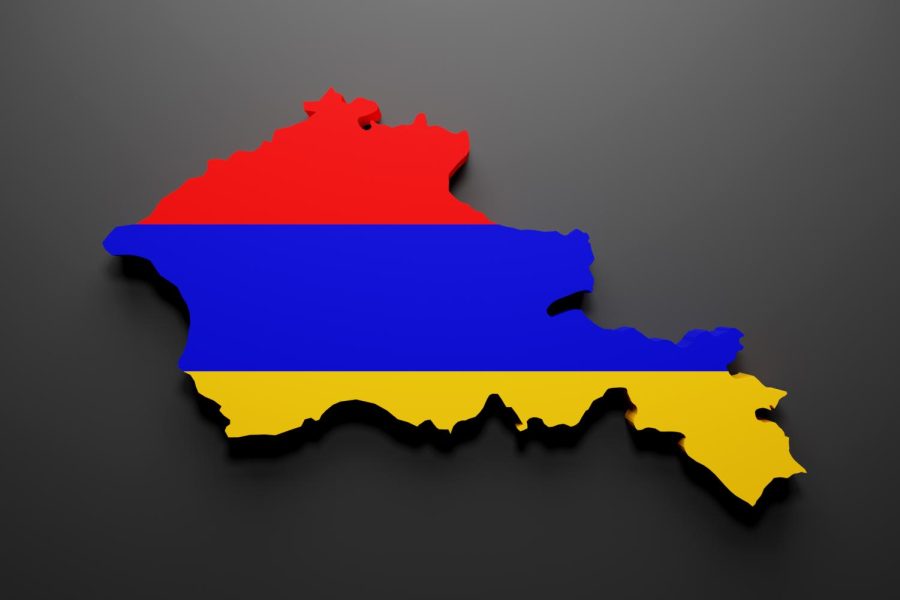Last week, an embattled democracy—Armenia—faced a lawless assault from an authoritarian adversary—Azerbaijan. But Western leaders who normally tub-thump for the territorial integrity of democracies were conspicuous by their silence. Ditto for most American Christian groups. Many US neoconservatives, meanwhile, have thrown their considerable weight behind the aggressors.
Azerbaijan’s latest incursion began on Tuesday. A massive Azeri artillery barrage struck military and civilian targets, killing more than 100 and displacing thousands from their homes in a matter of hours. Azeri troops seized positions inside Armenia, though the extent isn’t yet clear. Although the two countries have fought before, most recently in 2020 over the disputed territory of Nagorno-Karabakh, this week’s assault was qualitatively different, infiltrating deep into Armenia’s borders.
Armenia—the victim in this situation—checks off all the right boxes, as far as the arbiters of “rule of law” and “international order” in Brussels and Washington are concerned. The country boasts the highest ranking in the South Caucasus region in The Economist’s Democracy Index, based on factors like electoral fairness, political pluralism, and civil liberty. Azerbaijan, by contrast, has been ruled by the same family for decades. The regime of President Ilham Aliyev suppresses civil rights and indulges in graft that is notable even by post-Soviet standards.
Yet the initial Western reaction to Azerbaijan’s aggression has been tepid, limited mostly to expressions of concern and calls for calm on both sides. American neoconservatives have generally been disgraceful, mocking Armenian losses and rooting for the Azeri dictatorship, mainly because they see Baku as a useful speartip against Iran and Russia. The Christian right in America, which one might think would feel affinity with the world’s first Christian nation, has remained silent.
Indifference doesn’t quite capture the Western posture. On the contrary, the West has been courting Azerbaijan in recent years, inking new gas deals and supplying millions of dollars in military assistance annually.
The contrast with the Ukraine crisis, another conflict in which an authoritarian state has attacked an aspiring democracy, is jarring. President Biden has described that war as part of an existential struggle “between democracy and autocracy, between liberty and repression”—a grandiose framing shared by the hawkish usual suspects on the American right. The United States alone has committed a staggering $50 billion to Kiev since the Russian invasion, in the name of democracy, self-determination, and international borders. Blue-and-yellow flags fly everywhere. So why ignore Armenia?
The answer lies in a combination of hypocrisy, cynicism, and shortsightedness. The West’s indifference to Armenia reveals once more that its concerns for democracy are highly selective, operative only where the West sees its interests at stake. Here, the West has concluded that its interest lies in appeasing Azerbaijan, which can help supply gas to Europe and check Russia and Iran in the South Caucasus.
But even on cold realpolitik terms, this is a mistake. The West has misjudged the situation. Azerbaijan can offer little to the European Union in terms of gas exports. And abandoning Armenia to its fate would do little to contain Russia or Iran. In the end, it would only lessen Western influence in the region.

